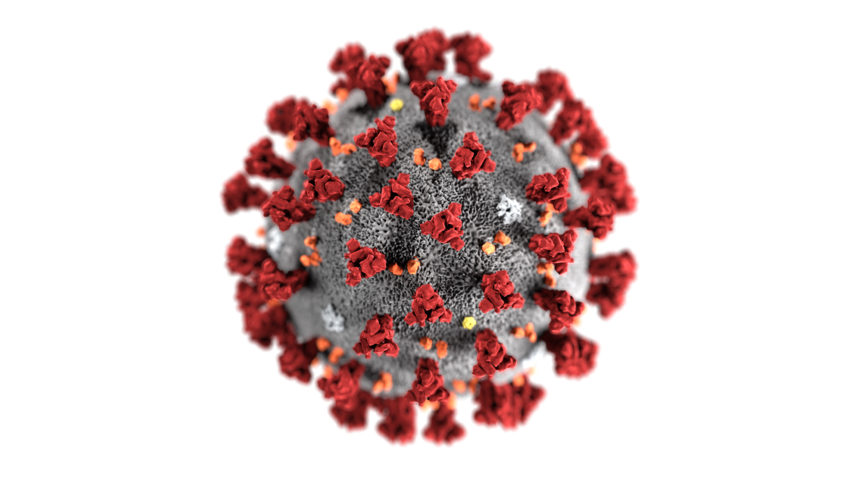This blog has some questions kids may ask about COVID-19. These blogs have been written with Stacy Jagger, LMFT, RPT-S to provide information and suggestions about parenting through the COVID-19 pandemic. It is a follow-up to the talking with kids column focusing on talking to teens about the same issues. You can find the original column here.
Once you have helped your kid understand the basics about the virus and how they can do their part to stay well (see blogs on talking to your kid about the virus), your kids may have some specific questions. Here are some common questions and concerns with suggestions for how to respond.
Will I/you/grandma die? There are two parts to this question that you are faced with. First, how to reassure your kid about whether someone they know is going to die. Here are some resources for children, here are some for teens, with ideas about how to reassure your child about death and dying. The second part is how to talk to your child about death. This is a topic that can really benefit from laying the groundwork before you are actually faced with an actual death. So use this moment to talk about the cycles of life (and the afterlife, depending on your faith traditions). Here are some excellent sites with information about how to explain death to children.
Why do people wear masks? Should I wear one? Let them know that some people are extra thoughtful about making sure they don’t give germs to other people. They help keep people from accidentally spreading germs when they cough or sneeze. Initially, it wasn’t necessary unless you know for sure you are sick or in the hospital. There are a number of places you can get information on making masks to wear. Consider making a game of creating the masks to wear when going out in the community.
Why can’t I play with my friends? The most straightforward answer works best. “It can be really easy to catch this virus so we have to wait to play with our friends until we know for sure everyone will stay well” (notice the general “so no one will get sick” rather than “you will make them sick” or “they will make you sick” which can lead to kids concluding they should be afraid. Then focus on hanging out with the family for a while. “We are going to have fun with each other for a while. We have to do our part to stay healthy before we hang out with friends or go to school. Then you will be able to play with your friends again.” There will be a blog post coming soon just for this thorny, contentious aspect of social isolation recommendation to manage the spread of corona virus.
When am I going back to school? This one is difficult because you don’t have a specific time frame to provide your kid about when school routines will return to what used to be normal. The focus of your response can be on fairness and lots of people not being well enough to go to school. “Everyone is going to wait for a while. There were so many people getting sick that they decided to have people stay home until everyone is well again. It wouldn’t be fair if some people got to go to school while a lot of other people couldn’t go because they weren’t well enough yet. So, they are going to start school again when most people are feeling well again.”
How do I know if my child is worrying too much about all this? Some kids may be extra perceptive or are prone to anxiety and worry. Other kids may have been exposed to some scary talk about what is going on. Here are some ways to tell if your kid is worrying too much.
- Experiencing nightmares or strong fears about going to sleep
- Being overly concerned with hygiene, germs and cleanliness (just when you thought how nice it would be)
- Being preoccupied with or being extremely emotional about death and dying
- Extremely clingy (that is different from when they follow you around saying “I’m bored. Can you play with me. What are we going to do now.”)
- Needing lots of reassurance or asking the same questions over and over about things that are associated with the virus
If your kid seems to have trouble with worry or anxiety about the virus, it might be worth checking in with a mental health professional for some ideas about ways you can help your kid with their anxiety and fear. There are also some books that provide ideas for helping overly anxious kids.

